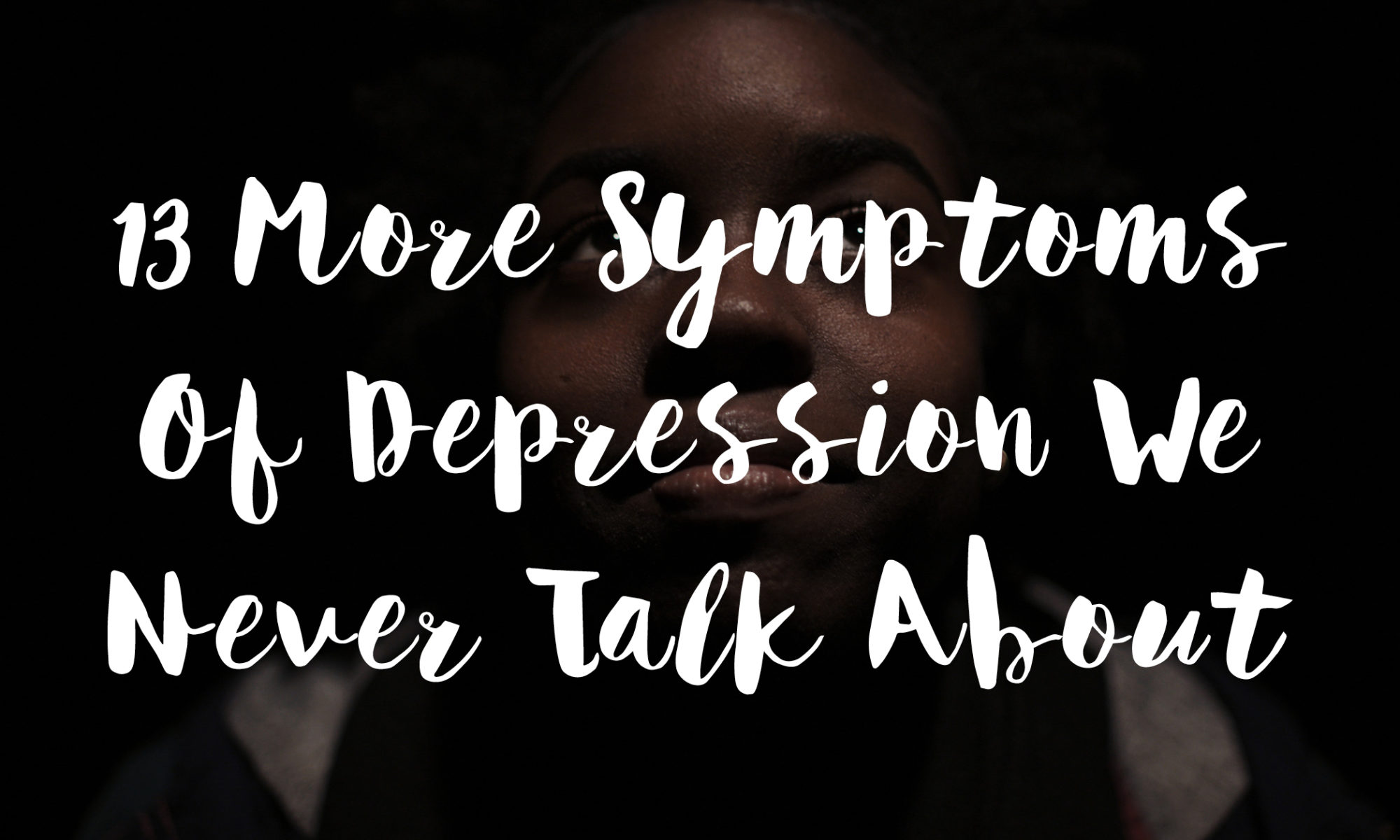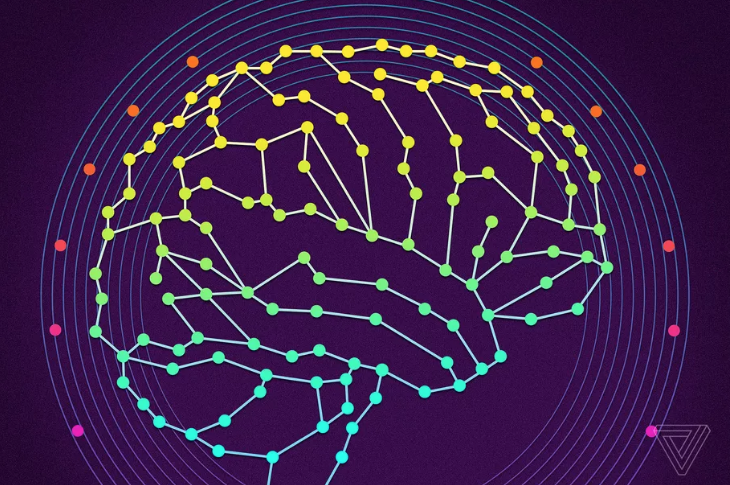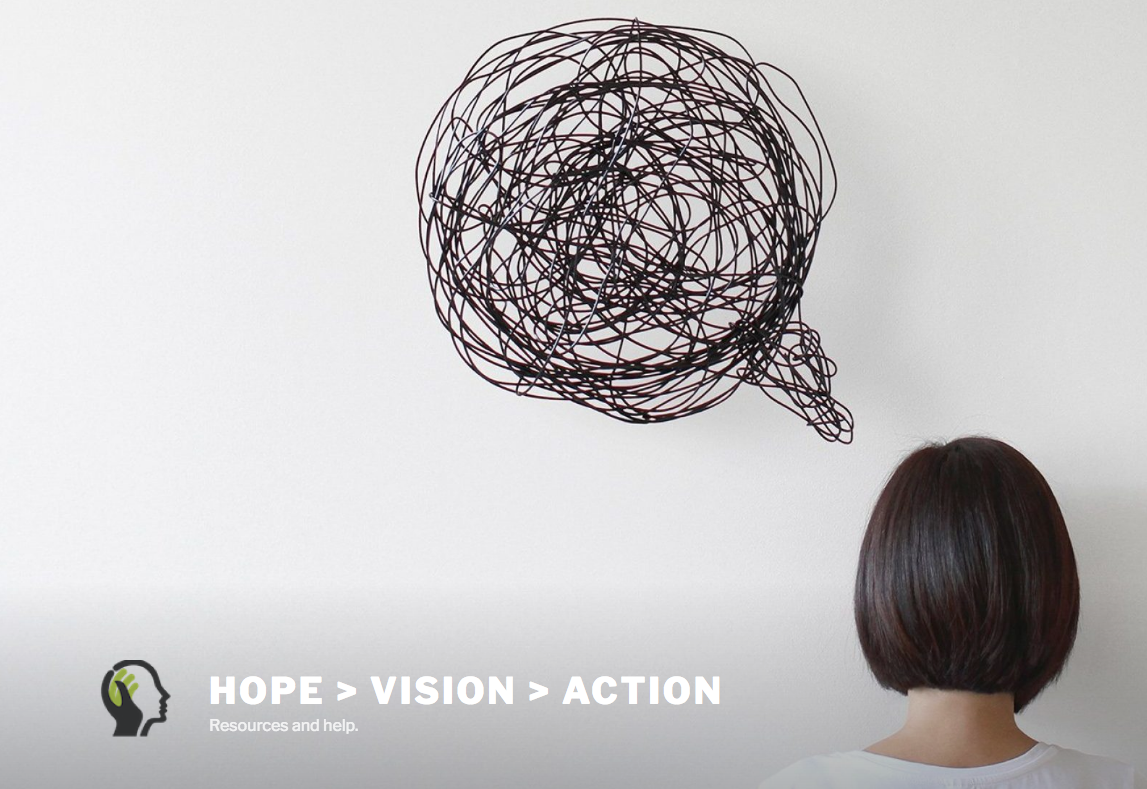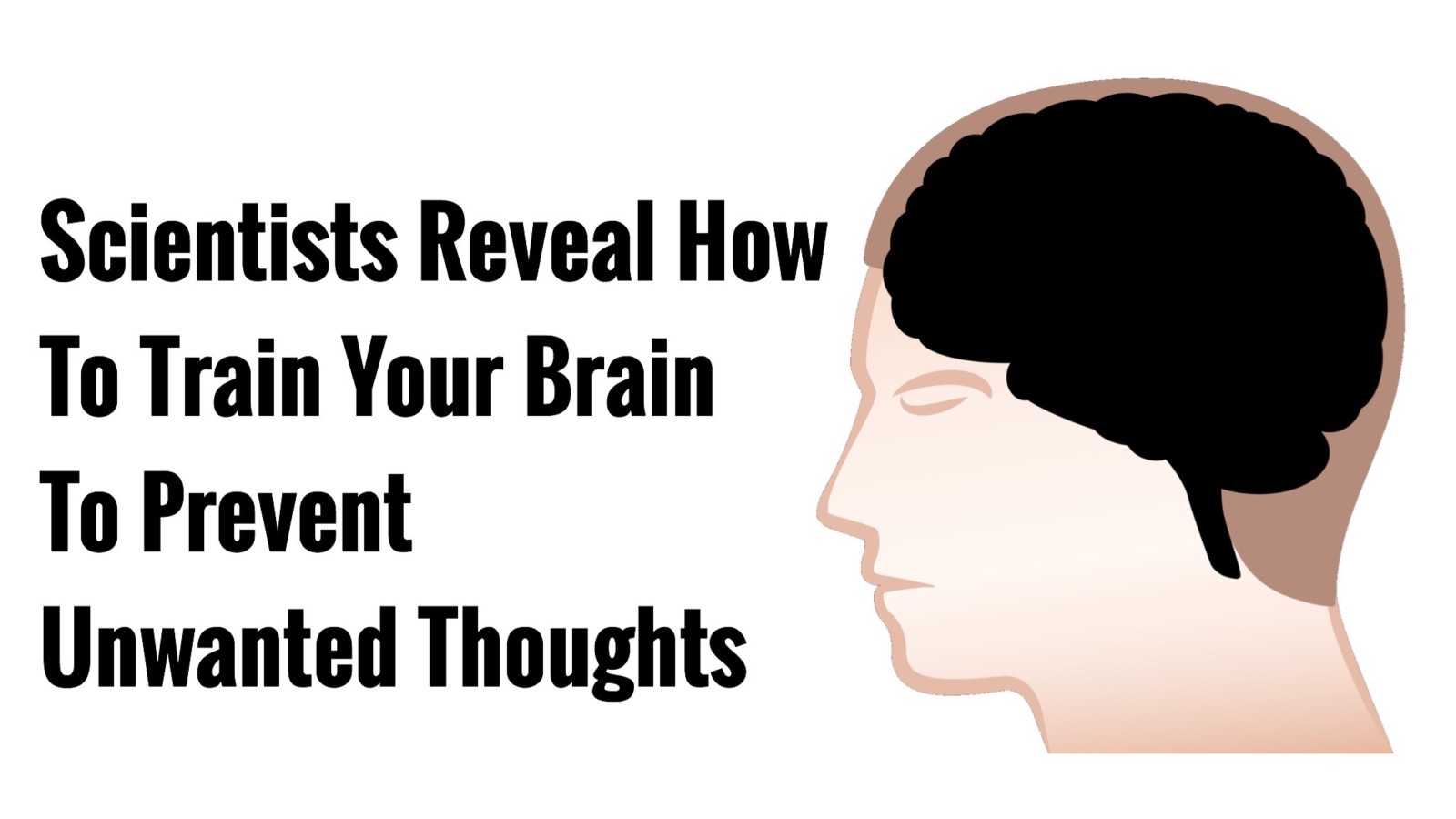Depression can cause a range of different symptoms. Some of them are regularly talked about. Many of them are not.
Whatever symptoms we are experiencing, we are not alone. There are many other people all over the world who share the same struggles that we do.
1. BEING UNABLE TO MAKE DECISIONS
We can feel completely paralysed and unable to make decisions. They often aren’t particularly difficult decisions. It could be something as straightforward as deciding which jumper to wear. But our brains feel so slow and clogged up that we are unable to decide anything at all.
2. DREADING BEING ALONE
Although we often struggle socially, we can also dread being alone. When alone our thoughts and feelings can feel amplified. Without the distraction of other people, they can become completely overwhelming and all-consuming.
3. GETTING STUCK
Sometimes we get stuck. We might sit on the toilet and not move for half an hour. Sometimes we will drive home and then stay in our car, on the drive, for a while before making it into the house. We might run a bath and sit in it until it goes cold. Our body feels heavy and we just don’t have the energy or motivation to move.
4. HIDING IN BATHROOMS
Many people left their hiding in bathroom days behind once they left school. But we will often find ourselves diving for the nearest toilet for a bit of a break from the world. It can be at social situations, when out for a meal, when in town, or somewhere else. Sometimes we just need a bit of a break from the world, and a little bit of breathing space.
5. ISOLATING OURSELVES
We often struggle with social situations when we’re low. We don’t know what to do or say. We often don’t feel part of the group of people we’re with. We struggle to concentrate enough to follow conversations. We feel like we’re bad company and like people are ‘putting up’ with us. We feel like people don’t want us around. So we isolate ourselves. We stay away from people. To protect ourselves to some extent, but also to protect those around us.
6. NOT BEING ABLE TO EXPRESS OURSELVES
Sometimes we want to cry, but we can’t. Sometimes we want to talk, but we feel mute. Sometimes we want to be creative, but our creativity has all dried up. We rarely have the words, colours, or music to match our feelings. We don’t know how to help others understand what’s going on inside our heads. So we are silent.
7. NOT CARING ABOUT OUR SAFETY
We stop caring about whether we live or die. We don’t look when we cross the road. We don’t take as much care as we should when driving our car or riding our bike. We walk through a risky bit of town, in the dark, by ourselves. We don’t wear our bike helmet. We completely stop caring about our own personal safety.







